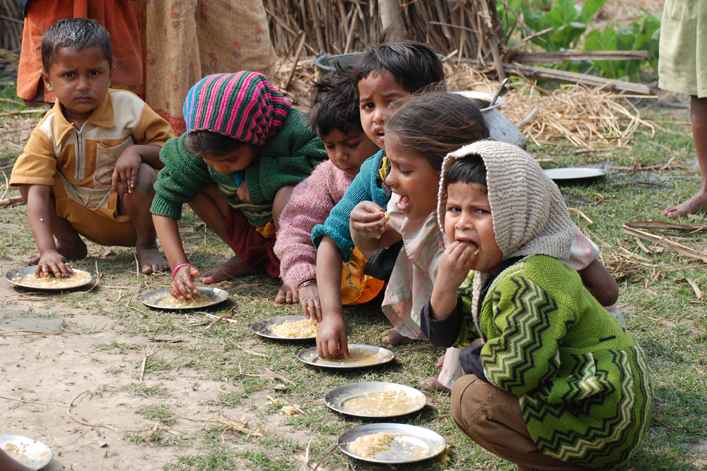The Government of India has rolled out a mandatory Facial Recognition System (FRS) for pregnant and lactating women to receive take-home rations under the POSHAN Abhiyaan scheme. The updated POSHAN Tracker app enforces this requirement by eliminating the previous option to bypass facial recognition, sparking significant concern among beneficiaries and public welfare advocates.
About POSHAN Abhiyaan
POSHAN Abhiyaan, launched under the Integrated Child Development Services (ICDS), is India’s flagship nutrition initiative targeting children (6 to 36 months), pregnant women, and lactating mothers. Services are delivered primarily through Anganwadi Centres (AWCs), where Anganwadi Workers (AWWs) distribute take-home rations and provide essential health and nutrition services.
New Digital Mandate: FRS Implementation
As of July 1, 2025, facial recognition has become compulsory for availing ration benefits. Beneficiaries must now follow a two-step digital authentication: entering their Aadhaar number and OTP, followed by facial verification via the POSHAN Tracker app. According to officials, the move aims to curb identity fraud and improve delivery efficiency.
On-Ground Difficulties for Women
However, in many rural and underserved areas, the mandatory digital process poses substantial barriers. Beneficiaries frequently lack access to smartphones, have outdated Aadhaar-linked mobile numbers, or depend on male family members for phone access—hindering the authentication process. Poor internet connectivity adds another layer of exclusion for already vulnerable groups.
Pushback from Rights Groups and AWWs
Critics, including food security activists and Anganwadi unions, argue the facial recognition requirement undermines the right to food and threatens to deepen existing inequities. The All India Federation of Anganwadi Workers and Helpers (AIFAWH) has vocally opposed the measure, asserting it violates the National Food Security Act by impeding access to essential nutrition services.
Strain on Frontline Workers
Anganwadi workers now face increased workloads due to the complex verification process. Many report losing valuable time meant for early childhood education, health monitoring, and community engagement. The pressure has even resulted in instances of harassment and mistreatment, revealing the emotional toll of digital enforcement.
Government Response and Ongoing Demands
In light of widespread criticism, the government is being urged to provide technical resources, digital training, and better infrastructure for Anganwadi workers. AIFAWH has announced a nationwide strike, demanding the withdrawal of FRS implementation and improvements to their working conditions. As advocacy efforts continue, the future of digital identification in social welfare schemes remains under intense scrutiny.



